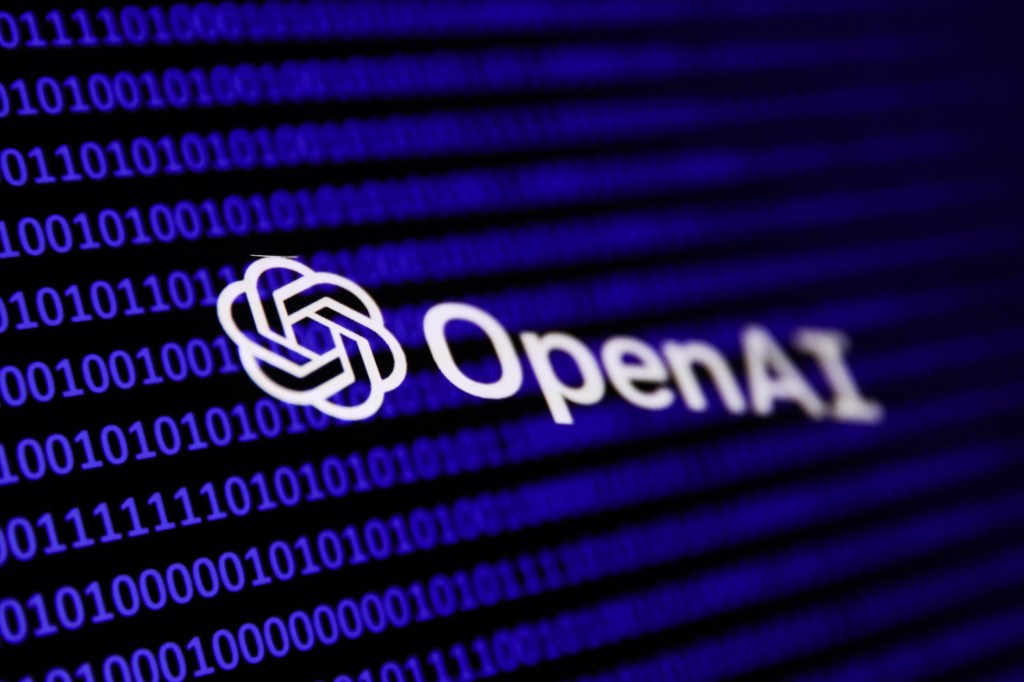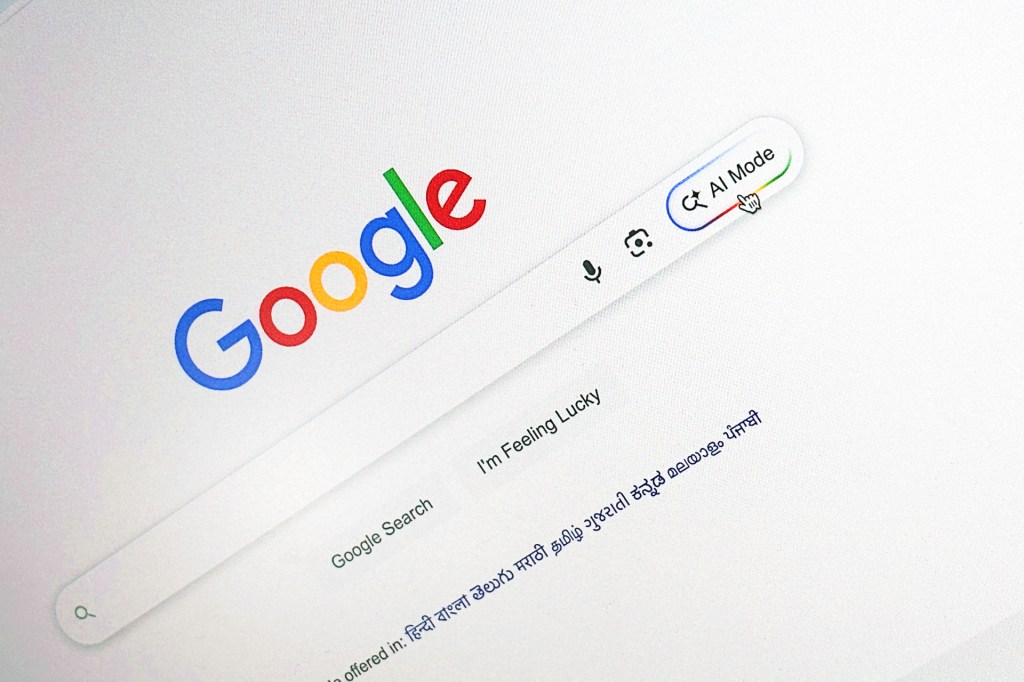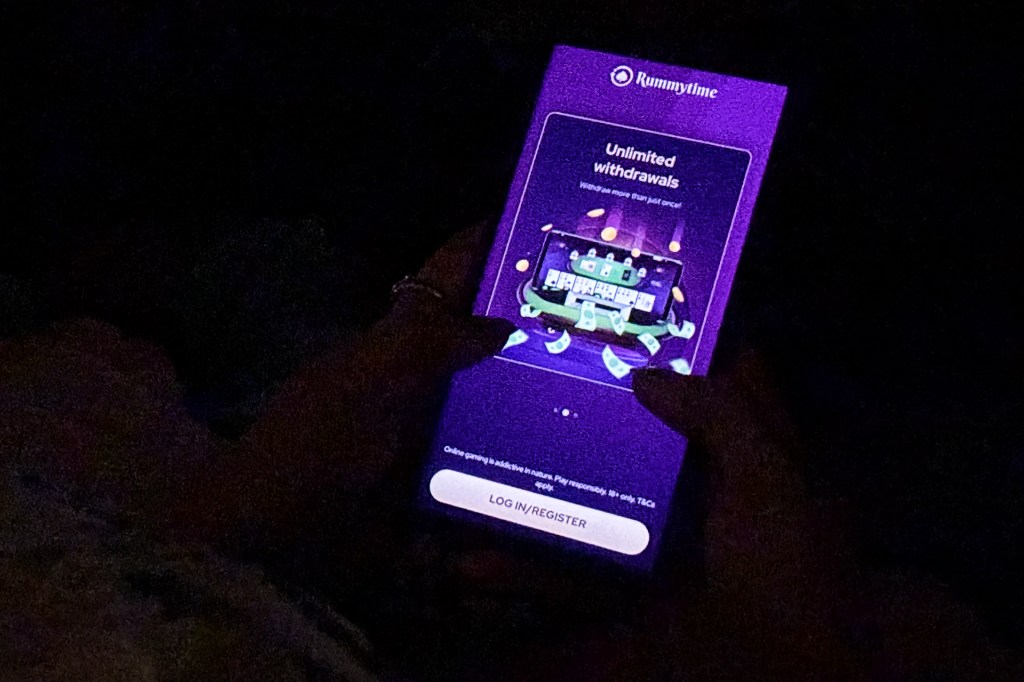OpenAI, a leader in artificial intelligence research, is reportedly developing a groundbreaking generative music tool. This initiative aims to harness AI’s capabilities to create original musical compositions, potentially transforming the music industry by offering innovative avenues for artists and producers.
The Evolution of AI in Music
The integration of AI into music creation is not a novel concept. Over the past few years, several tech giants have introduced AI-driven music tools:
– Stability AI’s Stable Audio Open: In June 2024, Stability AI unveiled an open-source model capable of generating sounds and songs from text descriptions. Trained on approximately 486,000 samples from free music libraries, this model allows users to create drum beats, instrument riffs, and ambient noises. ([techcrunch.com](https://techcrunch.com/2024/06/05/stability-ai-releases-a-sound-generator/?utm_source=openai))
– Google’s Lyria RealTime: By May 2025, Google integrated its AI music model, Lyria RealTime, into its Gemini API and AI Studio platform. This model enables users to mix musical genres, change instruments, and adjust song characteristics like key and tempo. ([techcrunch.com](https://techcrunch.com/2025/05/20/google-brings-a-music-generating-ai-model-to-its-api-with-lyria-realtime/?utm_source=openai))
– YouTube’s AI Music-Making Tool: In April 2025, YouTube introduced a feature allowing creators to generate custom instrumental backing music using AI prompts, enhancing the platform’s Creator Music marketplace. ([techcrunch.com](https://techcrunch.com/2025/04/10/youtube-rolls-out-a-free-ai-music-making-tool-for-creators/?utm_source=openai))
These advancements underscore a growing trend: AI’s increasing role in democratizing music production and offering tools that cater to both novices and professionals.
OpenAI’s Strategic Position
OpenAI’s venture into generative music aligns with its broader mission to develop AI technologies that augment human creativity. While specific details about the music tool remain under wraps, OpenAI’s track record suggests a commitment to creating user-friendly and ethically sound AI applications.
In March 2025, OpenAI announced Voice Engine, an AI service capable of cloning a person’s voice with just 15 seconds of speech. Despite its potential, the tool remains in limited preview, reflecting OpenAI’s cautious approach to deploying technologies that could be misused. ([techcrunch.com](https://techcrunch.com/2025/03/06/a-year-later-openai-still-hasnt-released-its-voice-cloning-tool/?utm_source=openai))
Furthermore, OpenAI has been proactive in addressing ethical concerns related to AI training data. In May 2024, the company revealed plans for Media Manager, a tool designed to allow content creators to control how their works are used in AI research and training. This initiative aims to balance innovation with respect for intellectual property rights. ([techcrunch.com](https://techcrunch.com/2024/05/07/openai-says-its-building-a-tool-to-let-content-creators-opt-out-of-ai-training/?utm_source=openai))
Implications for the Music Industry
The introduction of OpenAI’s generative music tool could have profound implications:
– Empowering Independent Artists: By providing accessible tools for music creation, independent artists can produce high-quality compositions without the need for extensive resources.
– Enhancing Music Production: Producers can leverage AI-generated music to experiment with new sounds, genres, and styles, fostering innovation in the industry.
– Ethical Considerations: The use of AI in music raises questions about originality, copyright, and the role of human creativity. OpenAI’s commitment to ethical AI development will be crucial in navigating these challenges.
Looking Ahead
As OpenAI continues to develop its generative music tool, the industry eagerly anticipates its release. The tool’s success will depend on its ability to integrate seamlessly into existing workflows, offer intuitive user experiences, and address ethical considerations.
In a rapidly evolving landscape, OpenAI’s initiative represents a significant step toward a future where AI and human creativity coalesce to redefine music creation.



